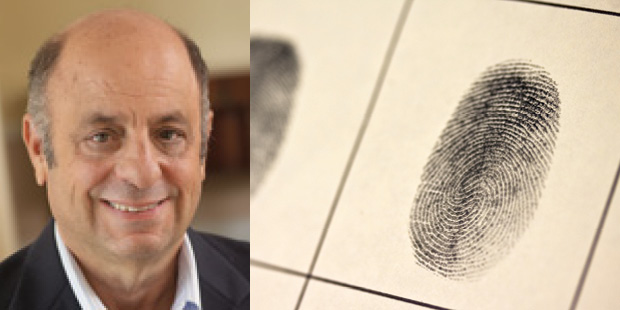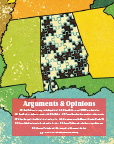A Virtual Life Sentence
James Jacobs looks at the vast information infrastructure of Americans’ criminal records.
Printer Friendly VersionThe 1993 Brady Handgun Violence Prevention Act mandated creation of an instant criminal background check system. To make that system a reality, Congress allocated hundreds of millions of dollars to upgrade police and court records to facilitate instant background checks. Because the passage of the Brady Law coincided with the Internet revolution of the 1990s, criminal records that had resided in practical obscurity were suddenly made accessible to everyone for any purpose. Indeed, a whole industry of private-information vendors emerged to conduct criminal background searches for public and private employers, landlords, volunteer organizations, and private individuals.
What impact has this had on the more than 60 million Americans who have criminal records of some kind? In his 2015 book, The Eternal Criminal Record, James Jacobs, Chief Justice Warren E. Burger Professor of Constitutional Law and the Courts, documents the reach and longevity of criminal records, as well as how they are used, rightly or wrongly, throughout society. “You could view this book as a case study of the impact of information technology on the criminal justice system,” Jacobs says.
The public accessibility of criminal records in this country today is unique in the world, he says: “It has almost reached the point where criminal records are entirely public, whereas in Europe, criminal records are treated as confidential.” The Eternal Criminal Record, while primarily US-focused, draws on this comparative research, conducted in part with Elena Larrauri, professor of law at Pompeii Fabra University in Barcelona, and Dimitra Blitsa LLM ’07 of Athens.
In Europe, criminal convictions are considered personal data. The European Court of Human Rights ruled last May that there is a “right to be forgotten,” meaning that individuals can ask search engines to remove links to personal information. By contrast, in the United States, even if a criminal record is formally expunged, there is nothing preventing the continued documentation of the existence of the record in unofficial databases.
In reaction to all this easy access, some civil rights groups have backed the Ban the Box movement, which advocates delaying the disclosure of one’s criminal history from an initial job application to a point later in the hiring process. But Jacobs objects to treating convicts as a protected class. “I believe in the right of private employers to make their own decisions about whom to employ, except that those decisions should not be made on the basis of race, gender, or religion, which is completely irrational and unfair and immoral,” he says. “But making the decision based upon a person’s past conduct is not irrational. Private employers should be able to have that information and to act on it.”
—


 Multimedia
Multimedia